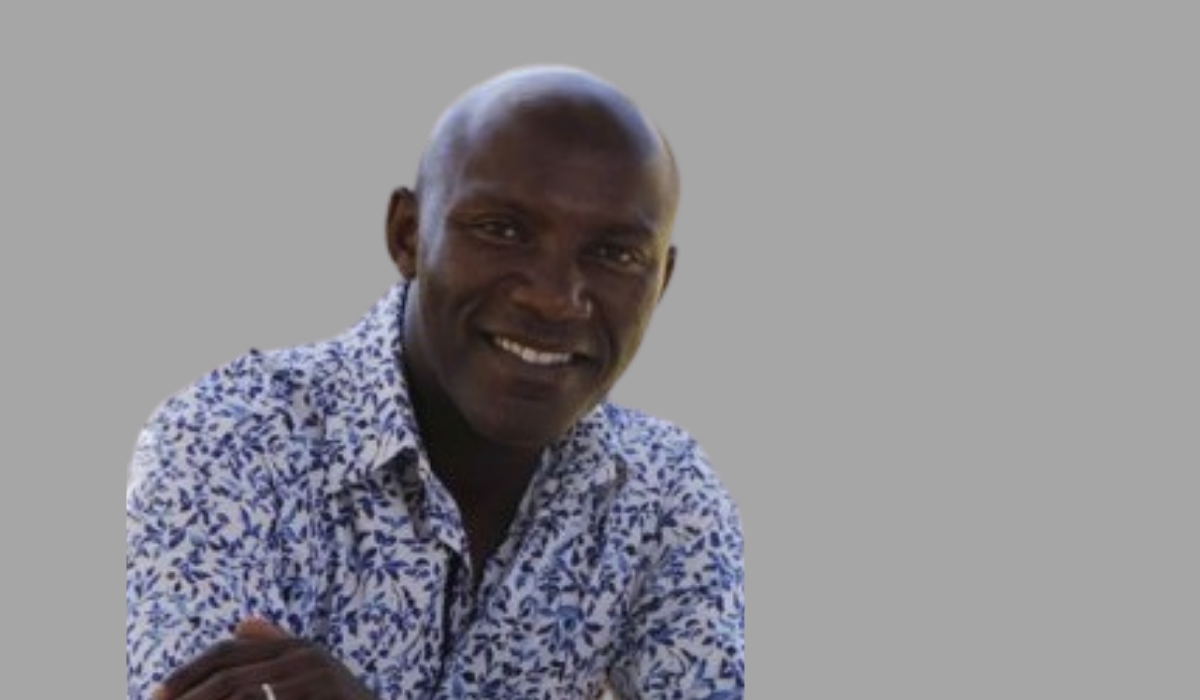Derek Laud talks about his life and career and explains why he is now committed to helping the college achieve its goals
What was life like for you, growing up in the UK, and where did you study?
I had both an urban and rural childhood. I have always felt deeply comfortable in both places. London is a truly magnificent city and is everything a modern city should be. We have fine buildings, a good and improving transport network, theatres, temples and domes and the like. I loved getting to know London and the contrast between the flat constable landscape of Norfolk flanked by the near sea was our home at weekends and holidays. I learnt to ride a bike in the country and had to be sent to ‘manning up’ classes before I was brave enough to take on the London roads.
Cycling around Oxford was altogether easier.....my time at Oxford University and before that at Weber Douglas shaped my life in many ways. The friends I made, the knowledge I gained as well as fully coming to appreciate that there isn’t one such thing as cleverness. Everyone has a different way of answering a question and contributing. I have always enjoyed being a contributor and most students are initially shy in believing that they can. Don’t be, is my advice. Education is about making mistakes too. We can't all know the answers and there is no shame in that. I have found going in and out of education deeply rewarding. I find I flourish in the social sciences, and am thinking of adding another Masters to my name in the coming years.
How did you start your career and what influenced your decisions along the way?
I have somewhat unusually never applied for a job and have always been asked to do things. My first job was in the law and that came to me through a former teacher that had been at Oxford and took an interest in the choices that I made. But my route into politics came because of my interest in the law. In those days most MPs had a career background in the law. I made connections through showing an enquiring mind that led to another job offer into the Houses of Parliament. It was really whilst in Parliament (working in various roles over a decade), that my route into the private sector and finance was made possible. I did start my own business which was eventually sold to the inter public group of companies. This allowed me time to take a break from work and I travelled for a year before another offer occurred to work in private equity finance. I knew nothing about finance (still don’t) but liked the idea of another massive challenge. I worked with Sir John Beckwith and he taught me a lot.
How did you become involved with Lucy Cavendish and how are you helping the college achieve its goals?
Today I am in private banking and I have expanded my partnership duties to include sponsoring thought leadership seminars. This is how Lucy and I came together. I sponsored a seminar at King’s Cambridge on wider access: a model for success? I am now the Chairman of the Lucy Cavendish Foundation Board and am actively involved in developing the next chapter in our history. Widening access, new buildings, 21st century goals and more are all part of the work of the Foundation as well as a £150 million fundraising target. It’s really a full-time job that I am necessarily doing on a part-time basis. However, we cannot do widening access without achieving the aforementioned goals.
What would be your advice to students from under-represented or disadvantaged backgrounds if they have aspirations of coming to Cambridge, or if they want to go to University but don’t think they’re the ‘right fit’ for Cambridge?
The truth about life and you must believe this to succeed is that it’s not where you come from that matters; it’s where your talents will take you, nor is it your skin colour that we see at Cambridge, it’s the passion in your heart and capacity to work hard. You belong here if you think like that. One other thing, just be yourself. Don’t be afraid to be yourself. I wasn’t and despite many telling me not to be, I ignored them. I am glad I did. I think I have been a trailblazer for the many and am happy for that as my epitaph.
About the Foundation Board
The members of the Foundation Board provide advice and support the President and Development Director on all aspects of fundraising. This includes establishing the vision, mission and values of the fundraising campaign, developing the strategy to support its ambitions and acting as advocates for the College.
Derek Laud is joined on the Board by Baroness Perry of Southwark (President of Lucy Cavendish, 1994-2001), Alec Russell (Editor, FT Weekend) and Christopher Whitney (Director, Principal Gifts at the University of Cambridge Alumni Relations and Development Office).
Find out more about giving to Lucy




